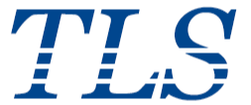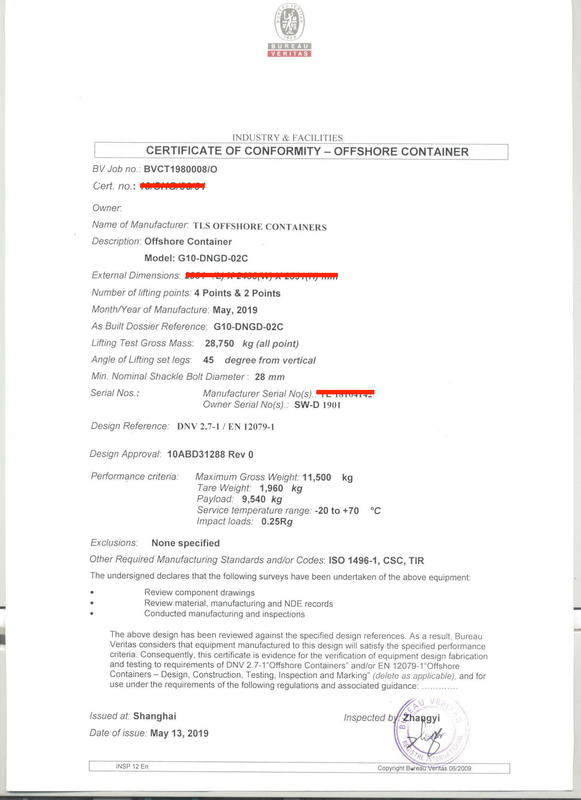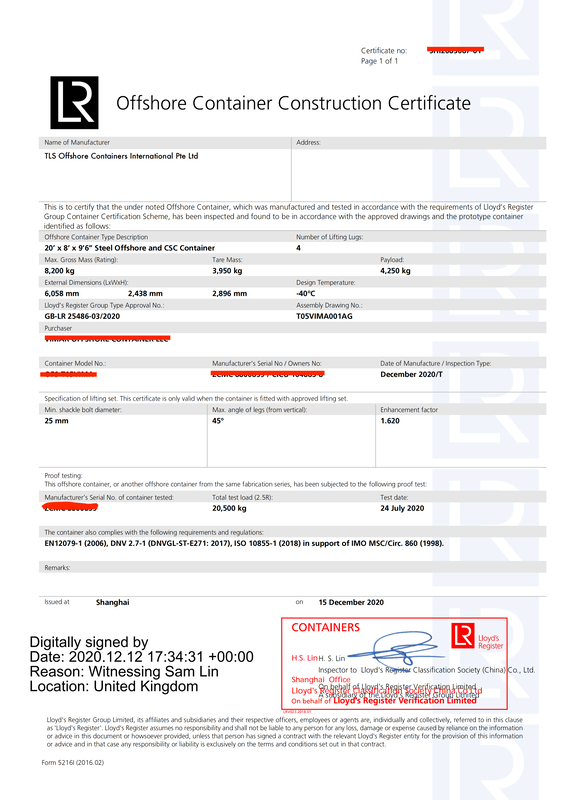|
Offshore containers are specialized units used for the transport, storage, and handling of goods and equipment in the demanding offshore environment, such as oil rigs and gas platforms. They must withstand harsh weather conditions, heavy loads, and rigorous handling. To ensure safety, durability, and performance, offshore containers are built and certified according to specific standards, primarily DNV 2.7-1 and EN 12079. These standards govern the design, construction, testing, and certification of offshore containers to ensure they are fit for their intended use. DNV 2.7-1 Standard DNV 2.7-1, developed by DNV (Det Norske Veritas), is a globally recognized standard specifically for offshore containers. This standard covers the following key aspects: - Design and Construction: It specifies requirements for the design and construction of offshore containers, ensuring they can withstand the rigors of offshore use, including high stress and load conditions. - Materials: DNV 2.7-1 outlines the types of materials that can be used, focusing on their strength, durability, and resistance to the corrosive marine environment. - Testing and Inspection: It requires thorough testing and inspection of each container, including load testing, to verify that the design and construction meet the standard’s requirements. - Certification: Containers that comply with DNV 2.7-1 are certified by DNV, providing assurance that they meet the highest standards for safety and reliability. EN 12079 Standard EN 12079 is a European standard that encompasses design, manufacturing, and testing requirements for offshore containers and associated lifting sets. While it shares similarities with DNV 2.7-1, it is specifically harmonized for European compliance. Key components include: - Design and Manufacturing: EN 12079 outlines criteria for the design and manufacturing of offshore containers, ensuring they are suitable for repeated use in the offshore environment. - Testing: This standard includes specific testing requirements for both the offshore containers and their lifting sets, ensuring comprehensive safety. - Marking and Certification: Containers meeting EN 12079 standards must be properly marked and come with a Declaration of Conformity, indicating compliance with European regulations. Comparison and Compliance - Global Recognition: While DNV 2.7-1 is widely recognized internationally, especially in regions with significant offshore oil and gas activities, EN 12079 ensures compliance within European Union countries. - Harmonization: Many manufacturers aim to comply with both standards to ensure their containers are acceptable for global use. Compliance with both standards indicates a high level of safety, durability, and reliability. - Certification Bodies: Different certification bodies can issue certifications under these standards, with DNV being a leading authority for DNV 2.7-1, and various European bodies for EN 12079. Manufacturers and operators must ensure that their offshore containers meet these stringent standards to ensure the safety of operations, the protection of personnel, and the integrity of the equipment transported within these containers. please contact us for more information. Comments are closed.
|
Archives
July 2024
Categories
All
|
- Home
-
Containerised solutions
- Intelligent pressurised container | MUD logging cabin
- Battery energy storage system (BESS) container
- Flexible grid tied battery storage system
- Laboratory container | workshop container | Equipment containers
- Temporary refuge shelter | Toxic gas refuge | Safe haven
- Offshore accommodation cabin | office container
- Reefer container | Refrigerated container
- Intelligent waste water treatment container
- Fresh water generator container
- Cargo Containers
- Product photos & videos
- News & Blogs
- Contact us
|
Featured products
Intelligent pressurised container Temporary refuge (TR) shelter, toxic gas refuge (TGR) Battery energy storage system (BESS) container Containerised waste water treatment plant Fresh water generator container Reefer container Laboratory container, Workshop container Accommodation container Offshore closed container |
All Rights Reserved 2020 © TLS Offshore Containers / TLS Energy
|


